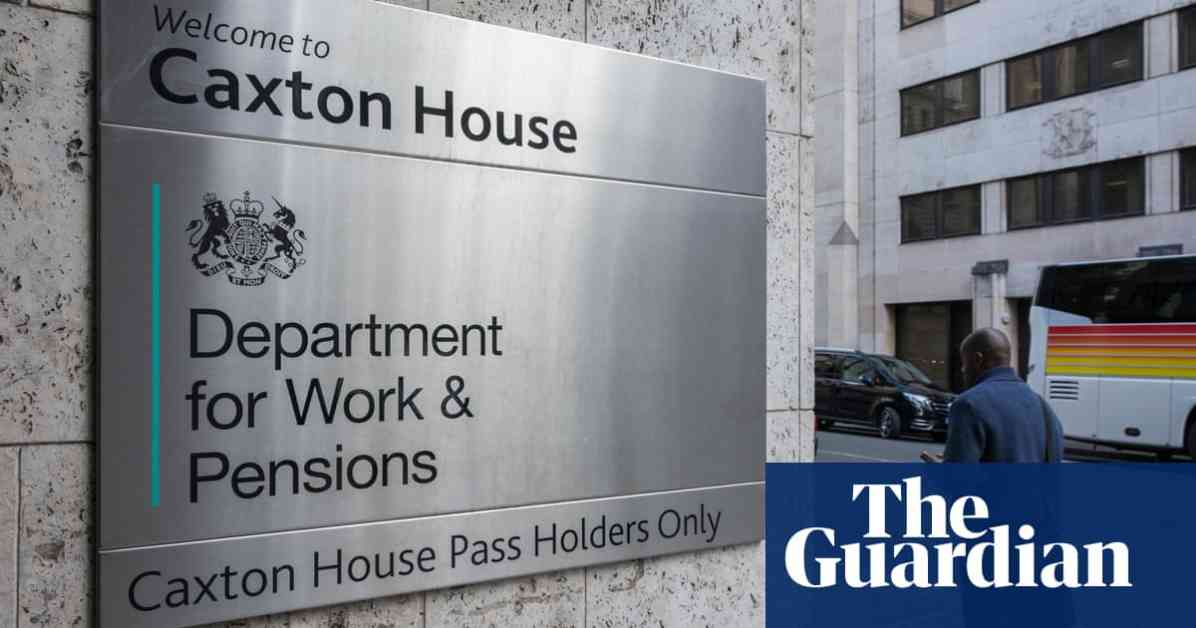More than 1 million of the UK’s poorest households are set to receive a boost of £420 a year on average due to changes in universal credit that will be announced in the upcoming budget. This change, known as the Fair Repayment Rate, is aimed at helping families in deep poverty by capping the amount that can be deducted from benefit payments each month to repay loans and debts.
The current benefit deductions faced by the poorest families have been deemed unfair and unsustainable by organizations like Save the Children UK. The new measure will cap monthly deductions at 15% of an individual’s universal credit standard allowance, down from the current 25%. This adjustment is expected to benefit 1.2 million households, including 700,000 families with children.
By allowing claimants to repay debts over a longer period, the Fair Repayment Rate could provide significant relief to struggling families. Save the Children estimates that single parents could receive up to £39 more of their universal credit entitlement each month, while two-parent families could receive up to £62 extra. These additional funds can go towards essentials like food, toys, clothes, and books for families in need.
While this change is a step in the right direction, some critics believe more should be done to address the root causes of poverty. Helen Barnard, the director of policy at Trussell, highlights the need for further action to reduce the number of people relying on food banks to survive. Studies have shown that households facing universal credit deductions often have to go without basic necessities like food, heating, and clothing.
Despite the positive impact of the Fair Repayment Rate, concerns remain about the overall levels of poverty in the UK. Recent figures reveal that 4.3 million children are living in relative poverty, with an increase of 700,000 since 2011. Campaigners stress the importance of addressing income inequalities and providing support for the most vulnerable families.
In response to these challenges, the government has outlined a 10-year child poverty strategy framework, emphasizing the need to tackle child poverty as a moral imperative. However, calls to abolish the two-child benefit limit have been rejected, with the government citing affordability concerns. Critics have also raised issues about cuts to the winter fuel allowance, which have put additional financial strain on low-income households.
In addition to the changes in universal credit, the budget also includes a boost to social housing, with an extra £500 million allocated to the affordable homes programme. Housing associations will now have the flexibility to set rents for five years, providing stability for investment in new housing projects. The chancellor is expected to increase the amount employers pay in national insurance to raise funds for public services, demonstrating a commitment to addressing key social and economic challenges.
Overall, the Fair Repayment Rate is a positive step towards supporting low-income families in the UK. By providing additional financial assistance and reducing the burden of debt repayments, this measure has the potential to improve the lives of those most in need. However, ongoing efforts are needed to address the underlying issues contributing to poverty and inequality in society.












